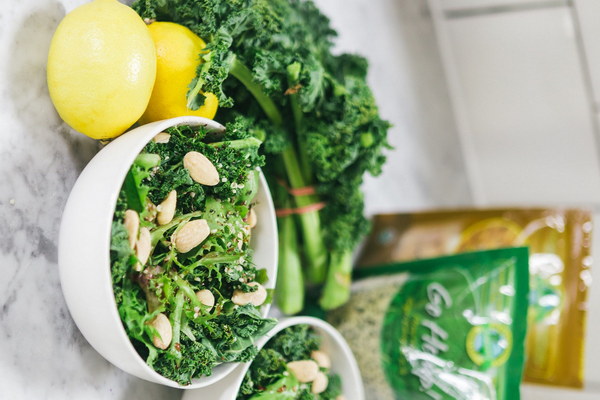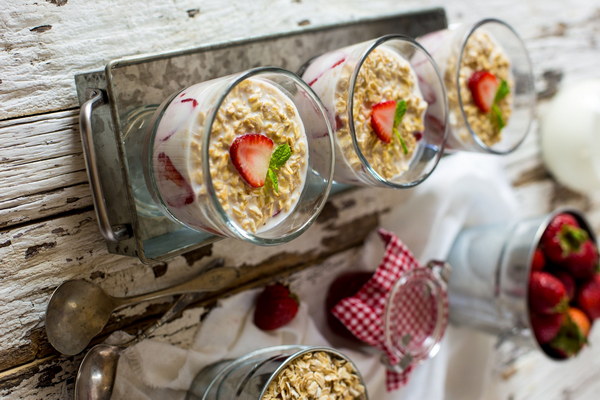The Art of Rabbit Wellness A Comprehensive Guide to Healthy Rabbit Care
Rabbits, with their soft fur, adorable faces, and gentle demeanor, have become popular pets worldwide. However, ensuring the health and happiness of these fluffy creatures requires a careful and thoughtful approach. In this comprehensive guide, we will delve into the art of rabbit wellness, covering everything from diet and habitat to exercise and health care.
Dietary Needs
A well-balanced diet is the foundation of rabbit health. Rabbits are herbivores, meaning they thrive on a diet rich in fiber. Hay should be the staple of your rabbit's diet, providing essential nutrients and aiding in digestion. Timothy hay, orchard grass, or brome are excellent choices. Fresh vegetables should be introduced gradually and in moderation, as too much can cause digestive issues.
Habitat and Living Conditions
A comfortable habitat is crucial for a healthy rabbit. The cage should be spacious, with enough room for the rabbit to move around, stretch, and lie down. The flooring should be easy on the rabbit's feet, with a layer of hay or soft bedding material to absorb moisture and prevent sore hocks. Ensure the cage is well-ventilated and protected from direct sunlight and extreme temperatures.

Exercise and Play
Rabbits are active animals that require regular exercise to maintain good health. Spend time each day allowing your rabbit to explore a safe, enclosed area outside of its cage. Provide toys, tunnels, and hiding spots to stimulate your rabbit's mind and body. This exercise helps prevent obesity, dental disease, and boredom.
Grooming
Regular grooming is essential for rabbit wellness. Rabbits have a dense coat that requires daily brushing to prevent mats and tangles. Additionally, check their teeth regularly, as overgrown incisors can lead to dental issues. Trimming nails when necessary is also important to prevent discomfort and injury.
Health Care
Monitoring your rabbit's health is crucial. Look out for signs of illness, such as changes in appetite, weight loss, diarrhea, or lethargy. Regular veterinary check-ups are important, especially for spaying or neutering, which can help prevent certain health issues. Be aware of common rabbit diseases, such as myxomatosis, and take appropriate precautions, such as vaccination and protective housing.
Socialization and Handling
Rabbits are social animals that can form strong bonds with their owners. Spend time interacting with your rabbit, handling it gently, and providing affection. This socialization not only strengthens the bond between you and your pet but also helps the rabbit become more comfortable with human contact.
Emergency Preparedness
In case of an emergency, be prepared to provide immediate care for your rabbit. Have a first-aid kit on hand, including items such as gauze, antiseptic wipes, and a heat pad. Know your local veterinarian's contact information and have a plan in place for transporting your rabbit in an emergency situation.
In conclusion, the art of rabbit wellness involves a combination of proper nutrition, a comfortable living environment, regular exercise, grooming, and health care. By following these guidelines, you can ensure that your rabbit enjoys a long, healthy, and happy life. Remember, a well-cared-for rabbit is a contented rabbit, and that contentment is reflected in the joy and companionship they bring to your home.


![Revolutionizing Auto Beauty Discover the Ultimate Luxury Experience at [Brand Name] Car Spa Chain](http://img.bluepurple.cn/a/养生/360/Revolutionizing-Auto-Beauty-Discover-the-Ultimate-Luxury-Experience-at-Brand-Name-Car-Spa-Chain.jpg)






